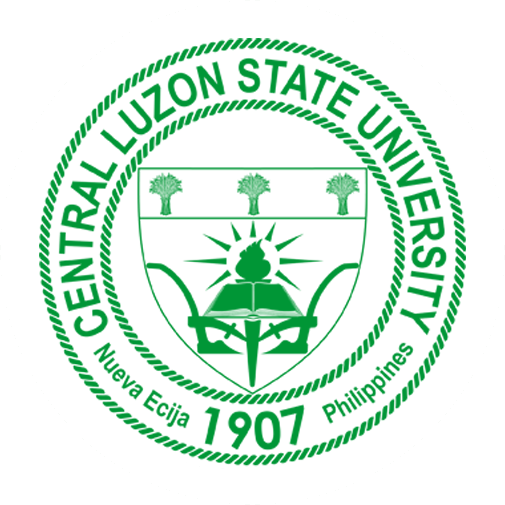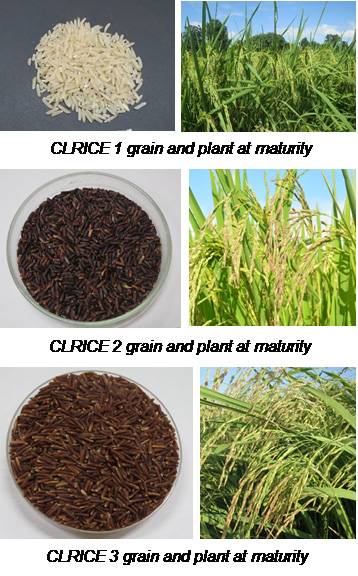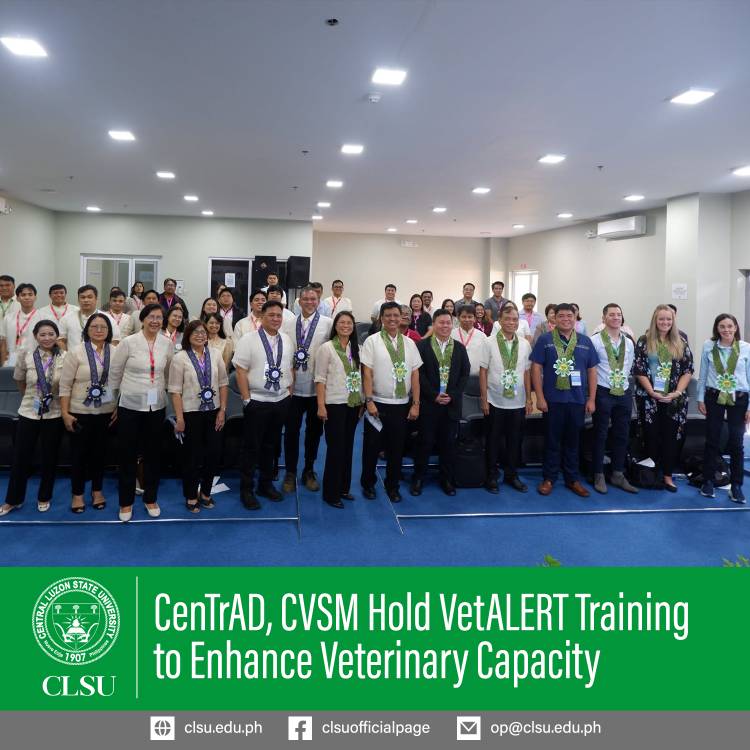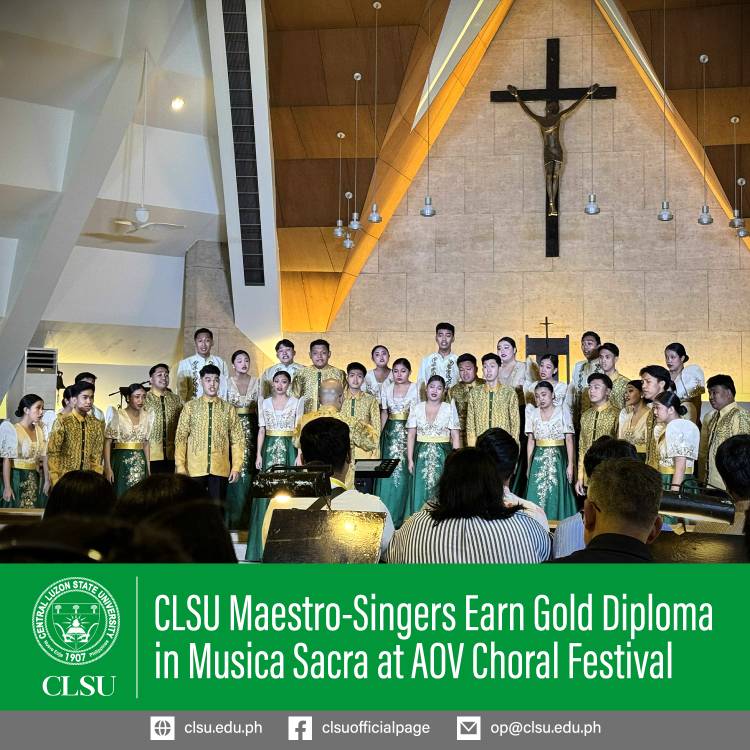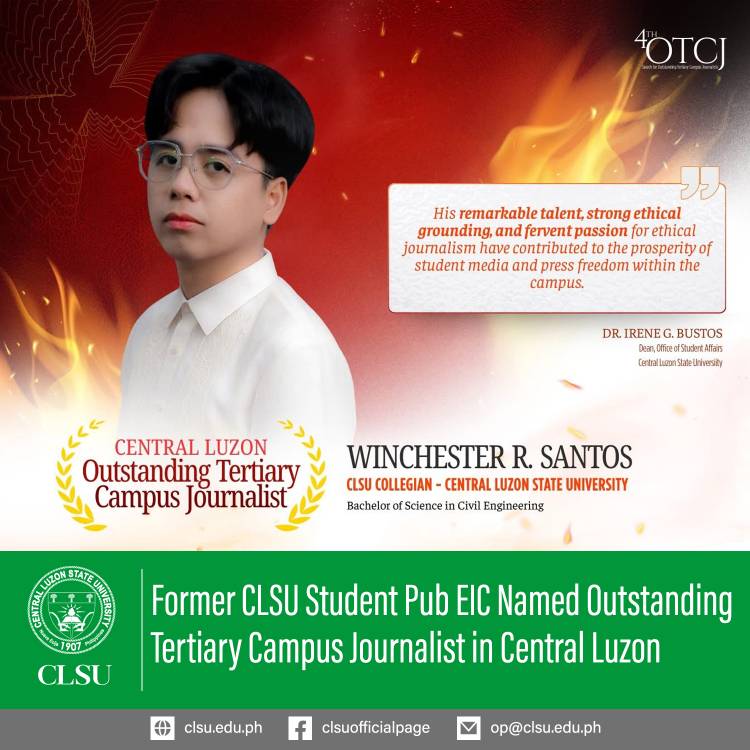CenTrAD, CVSM Hold VetALERT Training to Enhance Veterinary Capacity
In an effort to build stronger veterinary capacity, the Center for Transboundary Diseases (CenTrAD) and the College of Veterinary Science and Medicine (CVSM) held a training workshop entitled Advancing Livestock Enterprise and Resource Training Program for Veterinarians (VetALERT): Strengthening Diagnostic Competence in Pathology and Transferrable Veterinary Skills on August 26-29, 2025. In her Opening Remarks, Dr. Virginia M. Venturina, Director of CenTrAD, warmly welcomed the participants and underscored the significance of the activity in advancing veterinary practice, emphasizing its role in enhancing professional growth and ensuring quality service. Dr. Ravelina R. Velasco, CLSU Vice President for Academic Affairs; Dr. Corrie Brown, LifeStock International Executive Director; Dr. Christian P. Daquigan, DA-BAI OIC Director; Dr. Jerry V. Alcantara, PVMA President; and Dr. Noraine P. Medina, CVSM Professor, delivered messages of support. They also highlighted the significance of partnership and collaboration in advancing veterinary services. Also, Dr. Janice S. Garcia, Head of the DA-BAI National ASF Prevention and Control Program, presented a comprehensive presentation on the topic “Navigating the Landscape: Challenges in Field Detection of Emerging Animal Diseases.” The session started with a lecture on Introduction to Adult Learning facilitated by Dr. Brown, followed by scenario-based discussions on avian diseases jointly conducted by Dr. Brown, Dr. Nicholas Streitenberger, and Dr. Kelsey Fiddes of the Global Health Pathology Network. The program, facilitated by Dr. Mark Andrew N. Cuento, a member of the Philippine College of Poultry Practitioners and a recognized expert in poultry, concluded with an interactive hands-on training on chicken necropsy, sample collection, handling, storage, packaging, and report writing. The VetALERT training workshop drew participation from the academe and government veterinarians representing various regions nationwide. Photo by: The Speculum- CVSM
